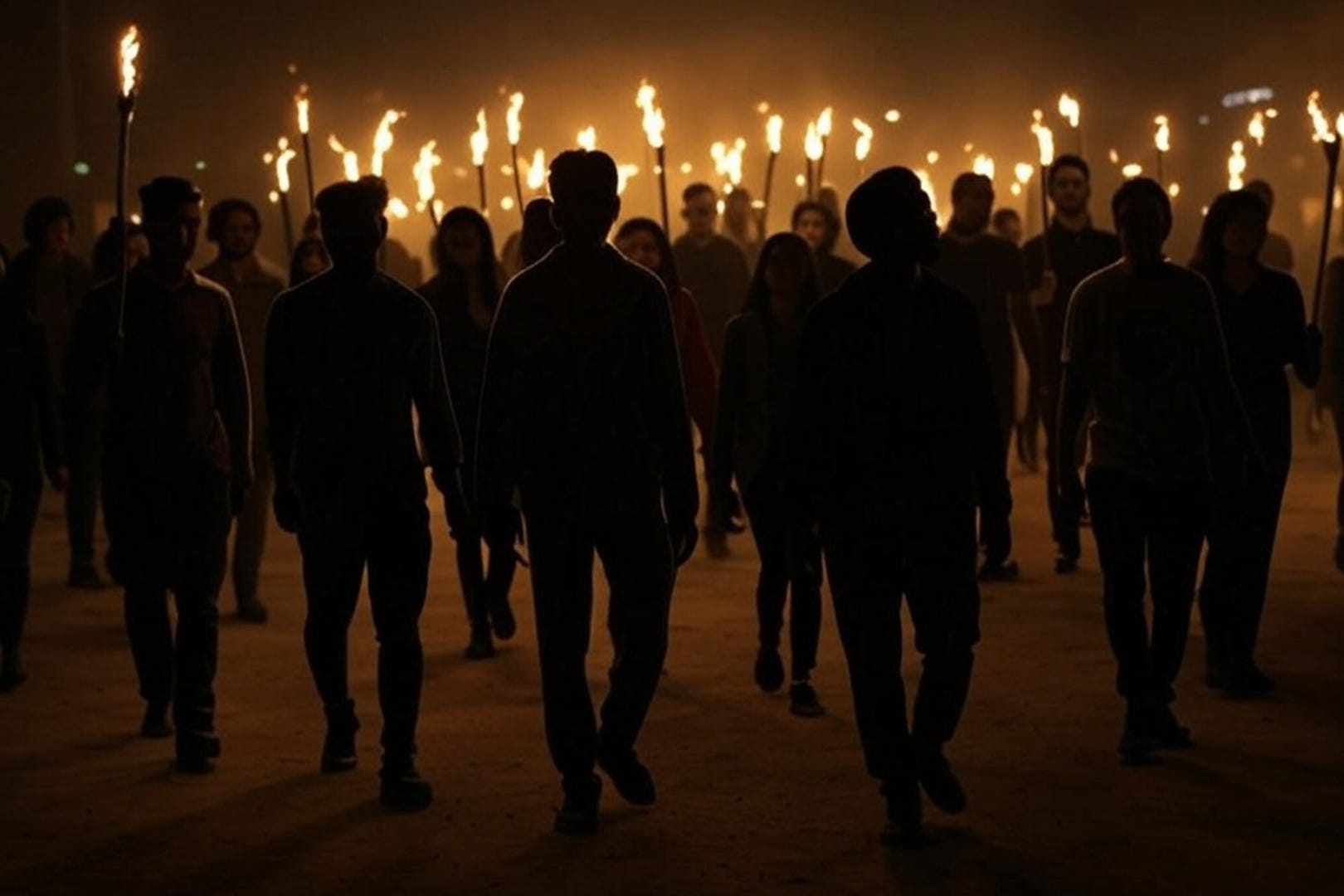How We Become Zealots and How We Stop
The more we root our identity in something solid, the less likely we are to lash out when others question our views.
Reality’s Last Stand is a reader-supported publication. Please consider becoming a paying subscriber or making a one-time or recurring donation to show your support.
About the Author
Julian is a columnist for Reality's Last Stand and a member of the Braver Angels media team. He's also the founder of Heal the West, a substack movement dedicated to combating illiberalism via spiritual formation and rebuilding the American community.
A few years ago, at the height of the Social Justice Fundamentalism (SJF) movement, I texted a friend asking for her thoughts on Ibram Kendi’s book How to Be An Antiracist. I expressed concern that the book might be steering us in the wrong direction and asked if she’d be willing to steelman some of Kendi’s arguments for me so that I could be sure I wasn’t misrepresenting his position.
She instantly lashed out at me. She told me that the world didn’t need another “angry, self-righteous white person” lecturing people about race and said I had a moral obligation to shut up. It didn’t stop there. She kept attacking me, again and again. When I told her that her language was stirring memories of the abuse I had experienced as a child, her response was, “cry me a river.”
I was stunned. We had been friends for 15 years. She would have been a bridesmaid at my wedding. And now, here she was, flaying me alive for the crime of expressing mild political disagreement.
What was going on?
I started doing some research and quickly realized I wasn’t alone. Many people have found themselves on the receiving end of similar outbursts from someone they once considered close, who lashed out or even ended relationships over political differences. After Donald Trump won the 2024 presidential election, 23 percent of Democrats reported that they were likely to spend less time with certain family members over the holidays because of their political views. One Huffington Post piece summed up the zeitgeist among a certain segment of the left: “My Husband And His Family Voted For Trump — So I’m Canceling Thanksgiving And Christmas.”
A 2024 report from the American Psychological Association found that more than one in five Americans (21 percent) have become estranged from a family member due to political differences.
And it’s not just relationships that are breaking down. A disturbing number of partisans across the political spectrum see their political opponents as less than human.







